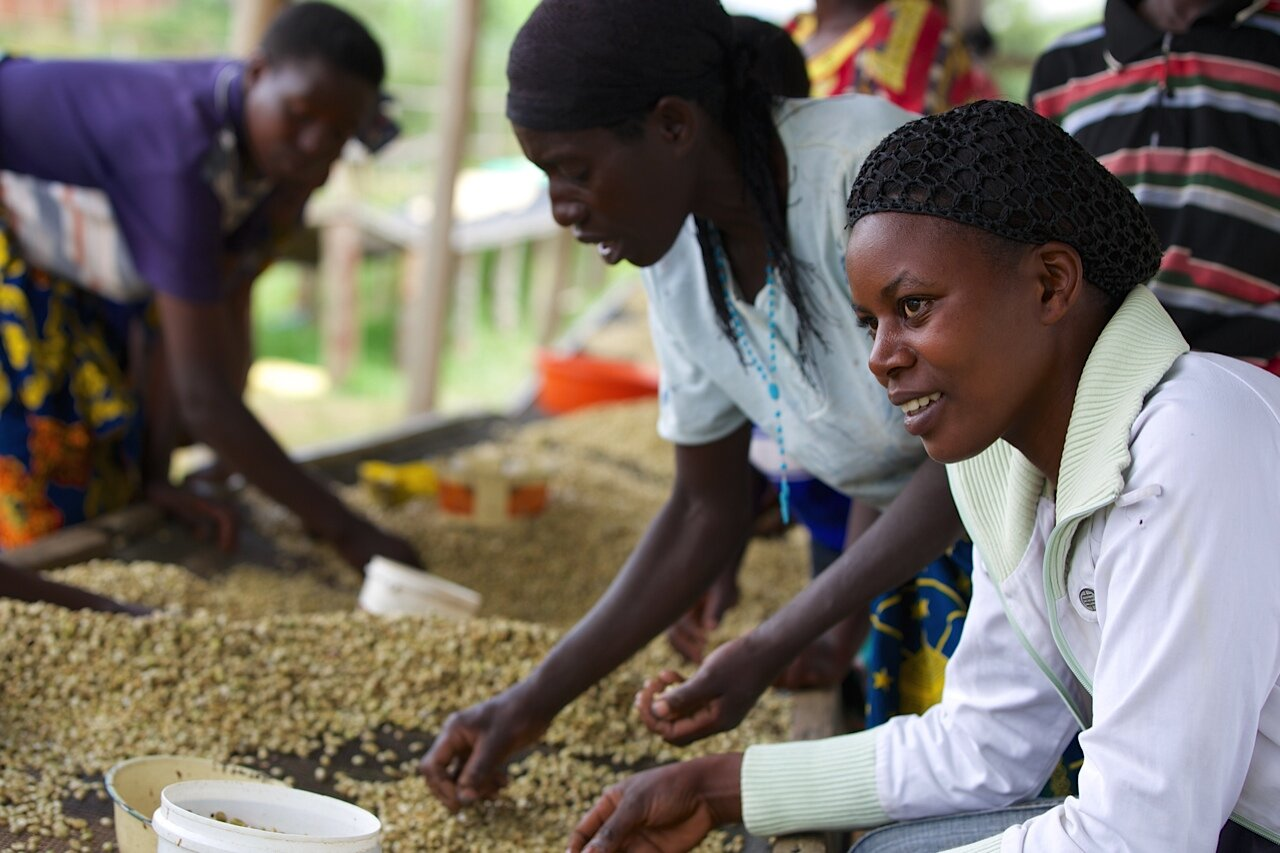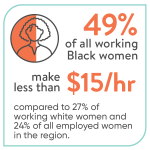The Rwandan coffee industry has emerged as a powerful catalyst for change, particularly for women facing domestic violence. As Rwanda’s coffee cooperatives expand, they are not only boosting coffee production but also enabling women’s financial independence. Recent studies highlight a significant correlation between women’s employment in coffee processing and reduced rates of domestic abuse, thus emphasizing the importance of women empowerment within local communities. By participating in the coffee supply chain, these women gain economic strength, which translates into a lower risk of domestic violence. This dynamic reveals how the Rwandan coffee industry can be a conduit for social progress, paving the way for further studies on domestic violence and its link to economic opportunities for women.
The booming coffee sector in Rwanda represents much more than an economic opportunity; it symbolizes a pathway toward women’s liberation and protection against domestic abuse. Through the establishment of local coffee mills, women are finding newfound roles as wage earners, diminishing their vulnerability to aggressive domestic behavior. Empowering women economically enables them to assert more influence in their households, leading to healthier family dynamics. As we delve into the intricacies of this relationship, it becomes clear that the intersection of women’s labor in coffee cooperatives and domestic violence rates warrants careful examination. By exploring such connections, we can uncover profound insights into the societal impacts of financial independence for women within this context.
Impact of Rwandan Coffee Cooperatives on Women’s Empowerment
Rwanda’s coffee cooperatives have transformed the landscape of women’s employment, providing them with a much-needed platform for empowerment. By engaging women in coffee production, these cooperatives not only enable financial independence but also foster a sense of community and support among female workers. As women harvest and process coffee cherries, they gain not only skills but also the confidence that comes with earning their own income. This shift is crucial in a cultural context where traditional gender roles often limit women’s participation in economic activities.
Additionally, the cooperative model promotes a collaborative environment where women can share experiences and gain insights into financial literacy and entrepreneurship. The empowerment through cooperative participation not only uplifts individual women but also has a cascading effect on their families and communities. As women become financial contributors, they are more likely to invest in their children’s education and health, thus breaking the cycle of poverty and creating a more equitable society.
Frequently Asked Questions
How does the Rwandan coffee industry contribute to women’s financial independence and empowerment?
The Rwandan coffee industry significantly enhances women’s financial independence by employing them in coffee cooperatives, where they transition from unpaid family labor to wage earners. This shift not only provides income but also empowers women by increasing their decision-making power within their households, thus fostering a culture of women’s empowerment.
What role do coffee cooperatives play in reducing domestic violence in Rwanda?
Coffee cooperatives in Rwanda play a crucial role in reducing domestic violence by providing women with employment opportunities, which in turn increases their bargaining power within relationships. Studies show that as women earn wages through coffee production, incidents of domestic violence decrease due to both economic dependency shifts and improved household dynamics.
How does women’s involvement in the Rwandan coffee production affect domestic violence rates?
Women’s involvement in Rwandan coffee production is linked to lower rates of domestic violence. Research indicates that during the coffee harvest season, when women’s labor directly contributes to family income, domestic violence incidents decrease, highlighting the economic interdependence that can discourage abusive behavior.
What impact did the 2008 domestic violence law have on the Rwandan coffee industry and women’s empowerment?
The 2008 domestic violence law in Rwanda has been instrumental in shaping women’s empowerment in the coffee industry. By criminalizing spousal abuse and allowing women to secure divorces, the law complements the economic benefits women gain from coffee cooperatives, fostering an environment where they can work, earn, and assert their rights more effectively.
Can the economic benefits from coffee production help mitigate domestic violence in Rwanda?
Yes, the economic benefits from coffee production can help mitigate domestic violence in Rwanda. As women gain financial independence through their roles in coffee cooperatives, the economic reliance of husbands on their wives’ labor reduces the likelihood of abuse, illustrating a direct correlation between economic empowerment and lower domestic violence rates.
How does the Rwandan coffee industry’s growth influence women’s roles in society?
The growth of the Rwandan coffee industry has significantly influenced women’s roles in society by providing them with employment opportunities traditionally dominated by men. By contributing to coffee production, women enhance their social status, gain financial independence, and actively participate in household decision-making, thereby transforming gender dynamics within communities.
What are the socio-economic benefits of Rwandan coffee production for women beyond income?
Beyond providing income, Rwandan coffee production offers socio-economic benefits for women such as enhanced self-esteem, improved community standing, and increased involvement in decision-making processes. This empowerment is crucial for fostering gender equality and reducing instances of domestic violence, creating a supportive network for women within their communities.
How does women’s financial independence from coffee production impact household dynamics in Rwanda?
Women’s financial independence gained from coffee production creates more egalitarian household dynamics in Rwanda. With increased earnings, women participate more actively in financial decisions, leading to greater respect within the household and a reduction in power imbalances that often contribute to domestic violence.
| Key Points | Details |
|---|---|
| Coffee Industry Growth | Rwanda’s cooperative mills significantly expanded in the 21st century, creating employment opportunities for women. |
| Impact on Domestic Violence | Women involved in the coffee industry experience lower rates of domestic violence during harvest seasons. |
| Women’s Empowerment | Increased income from working at coffee mills enhances women’s bargaining power in households. |
| Economic Self-Interests | When husbands’ income depends on their wives’ labor, it’s costly for them to be abusive. |
| Policy Implications | Findings can inform policies aimed at reducing domestic violence through women’s economic empowerment. |
Summary
The Rwandan coffee industry plays a crucial role in tackling domestic violence by empowering women through employment. As women work in coffee mills, they experience reduced rates of domestic violence due to increased independence and earning potential. This unique relationship highlights the transformative power of the coffee sector as it not only boosts the economy but also fosters safer and more equitable households. With the right policies in place, further investments in the Rwandan coffee industry could continue to ameliorate domestic violence issues, creating a more sustainable future for families.


